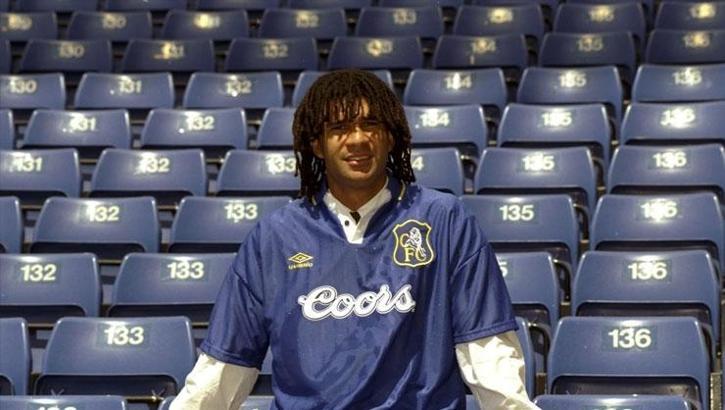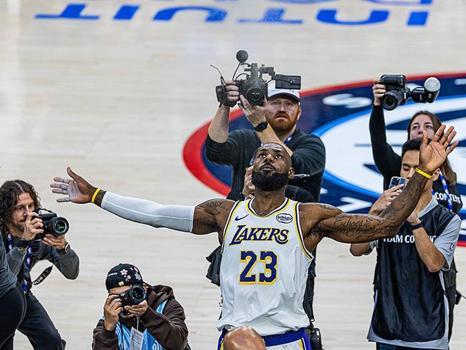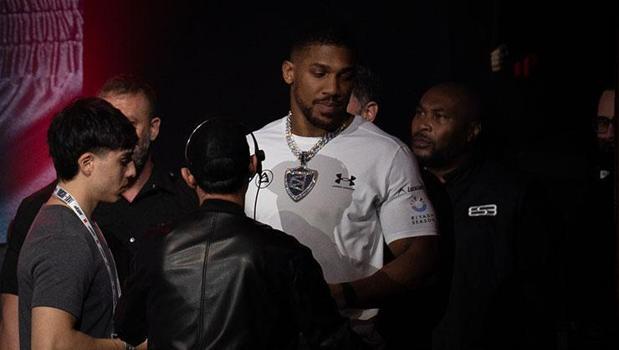Betrayal and backstabbing: Ruud Gullit's Chelsea downfall unpacked
Ruud Gullit, the iconic Dutch maestro, sheds light on his abrupt 1998 departure from Chelsea as a manager. Success on the field, including an FA Cup, couldn't shield him from behind-the-scenes power plays, agent pressures, and the personal anguish of his mother's illness, painting a picture of betrayal at Stamford Bridge.

Ruud Gullit, born in 1962, stands as one of football's legendary figures, a name synonymous with skill, power, and charismatic leadership. Revered globally, "The Black Tulip" played in PSV Eindhoven before a world-record transfer took him to AC Milan in 1987, where his legend grew. His crowning achievement on the international stage was captaining the Netherlands to glory at the UEFA Euro 1988. Individual honours, including the prestigious Ballon d'Or in 1987 and World Soccer Player of the Year awards, further cemented his place among the game's elite, later recognised by FIFA as one of the top 125 greatest living footballers.
Read More ›
In 1995, Gullit transferred to Chelsea. Within a year, he stepped into the role of player-manager, ushering in an era of exciting, attacking football at Stamford Bridge. This new approach yielded tangible success in 1997 when Chelsea lifted the FA Cup, their first major silverware in 26 years.
However, despite Chelsea performing well in the league, Gullit's managerial reign came to a sudden end in February 1998. As Chelsea's profile rose, so did the interest from agents looking to bring their players – and potentially significant transfer fees – to the increasingly attractive club.
Gullit joined Stick to Football postcast on Thursday and spoke about his days at Stamford Bridge. He perceived pressure to sign players pushed by agents, individuals he may not have necessarily wanted for his squad, suggesting his own footballing vision clashed with the financial machinations occurring behind the scenes. This period was marked by a feeling of being undermined, a sense of being "backstabbed" by individuals operating within or close to the club who seemingly prioritised agendas other than the team's best interests under his leadership.
Read More ›
Adding a deeply personal burden to this professional turbulence was the health of his mother, who was battling breast cancer in Amsterdam. Gullit made frequent trips back to the Netherlands to be by her side. He believes these necessary trips were unfortunately weaponised against him, portrayed by some as a lack of focus or presence at the club.
“Later on I found out that there was a lot of money going around because all of a sudden the best players wanted to come to Chelsea and they were offering a lot of players that I didn't want...I was a little bit in the way” said Gullit and followed:
“You had people around you who took care of you and and then all of the sudden they backstabbed you. And that's a horrible feeling.
The worst thing of all was also my mum had breast cancer. So I had to go to Amsterdam all the time in order to support her. And then they said, 'Yeah, but he's never here because he's always in Amsterdam'."
Read More ›
Almost 30 years later Chelsea are currently trying to forge a new identity under Enzo Maresca, with the first leg of their Conference League semi-final against Djurgarden taking place on Thursday night. Gullit, meanwhile, is unlikely to return to management and now focuses on punditry work.









